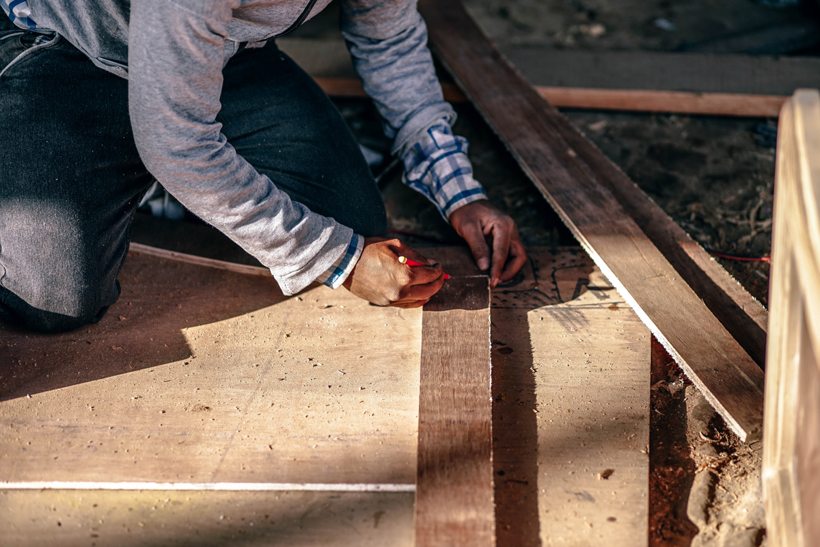
In nature, things that stop growing, die. That’s true for startups as well. Startups are all about growth. As YC founder Paul Graham puts it: startup = growth. Companies that stop growing eventually die. Growth, however, is not easy. It takes hard work and focus to achieve consistent growth.
In this collection of lessons from founders, we asked 4 founders how they approach growth and what helped their companies to grow in the early days. The answers offer revealing insights into the intricacies of early-stage growth and actionable strategies for eager startups and founders to apply.
We feature Tamzid Siddiq Spondon, the founder and Managing Director of Neofarmers. Kowser Ahmed, the founder and CEO of The KOW Company. Waliullah Bhuiyan, the founder and CEO of Light of Hope. Mehedi Hasan, the founder and CEO of MyCash Online. Yanur Islam Piash is the founder, Bohubrihi.
Kowser Ahmed: In business, you only have to be right once. Once you have figured out a successful model, you can see that this is the right way to do things. From there onward, you simply need to repeat it.
I am good at sending out proposals. Whatever you do, if you can find the right person, contact them, convince them to work with you, that’s all about sales. Then you have to have an understanding of how your market works.
We had to bank on so many possibilities to get to where we are now. In 2016, we started doing google advertisements. That time I decided to come out of my shell and make ourselves available to everybody. By that time, we got the BASIS Outsourcing Award. BASIS agreed to work with us along with five other companies.
I started to build a community and network locally. Because of that award program when NTF started on its third phase we were selected for the project. Through the NTF project, we started our journey in the global market, mostly in Canada and Europe.
Today, we have a very different marketing strategy. We do a lot of references. We visit a lot of conferences for customers. I speak at a number of conferences abroad. So right now, instead of attracting customers, we attract interest as well as networking. Our model is actually to build relations. Our target is to become Asia’s most customer-centric editing and content production company. We want to be a super-efficient company. That’s our mission. We are still not there yet, but we surely will be there very soon.
Through networking and relationships, we get the customers. In June last year, in Los Angeles we announced a partnership with one of the largest studio production management software companies called ‘ShotFlow’. Before this when you would shoot in your studio all your images would come to ShotFlow. Then you would have to extract the photos and give them to third-party companies like us. Then companies like us would download and do the editing. Then you would have to give us feedback. Based on your feedback when the images were re-edited you would have to upload the photos on ShotFlow and give approval. Now after the partnership, you don’t have to do anything after studio production shooting. It will directly come to our depository. So you won’t have to do all these processes. This is helping a lot of customers like BestBuy, QVC, Walmart, and other retailers we work with.
Around this time, we thought about building an app that would benefit people in this sector. Suppose you have a Shopify store. Though you are not a big retailer, you are ready to pay $1 for a picture. And Shopify has around 300k merchants. So, we decided to make ourselves visible to them and make the life of all these drop shippers and also small and medium merchandise easier. So we built the app, CutoutWiz. It is in the Shopify app store.
What CutOutWiz does is, if you have a Shopify store you can download our app, and then through the app with the backend of your Shopify admin name you can select all the images, filter through every image, save them, and then you can send the images directly to us. Then we will process all these images and send them back to the app. You’ll get a notification where you’ll be asked to log into your Shopify admin portal, go to our app, and check all the images. If all images are okay, you can select all these images and click replace. You won’t have to download all these images and replace everything in your store. So, it saves your time for copywriters and enables you to go live quickly. We have calculated that photo production requires 50-60% of your time. We are giving all this time back to you. While we take care of your images, you can focus on other areas of your business.
We got around 40 original reviews and all of them were positive. We thought of creating a web platform for this so that individual people can also use this and we did it.
Then we thought, why don’t we build an API so that large retail companies with different visual management systems can collect images without a platform and can get the same service. Then why don’t we connect to different APIs to receive and collect images, it will give them flexibility in terms of managing their system.
Managing a third-party company is always a challenge. Now we are the only company from Asia to have an app in the Shopify store, with a presence in big commerce. We have direct customers as well who can benefit from the whole thing and save thousands of hours. That’s actually where we are right now.
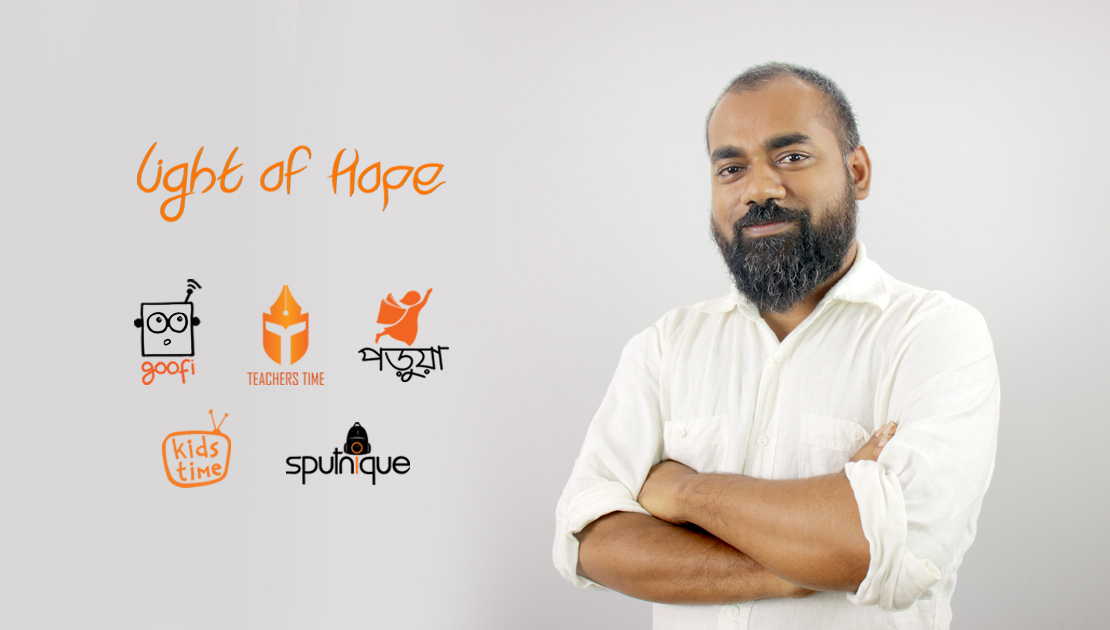
Waliullah Bhuiyan: Pure hard work. There is no alternative to this. The growth is all about hard work and commitment from our people. We actively encourage intrapreneurship in the company. For example, Anik, Sathi, and Kiron - these 3 started as volunteers in Light of Hope but now leading Sputnique, Kids Time and Porua.
In the beginning, we had no money. We had no connection. We had (have) no big-shot relatives. But as a team, we worked hard. Among co-founders, we put friendship before the company. We had fights. But we never fell apart. When you have 4 co-founders, usually the startup doesn’t survive for long.
When I started I had zero expectation of anything working out. Hence I had nothing to lose and I was more open to failure and rejection. It did not matter to me if a project failed or someone said no. That mentality allowed me to make bold decisions and pursue things that I would not have pursued if I were cautious.
The most important decision I made was leaving my job and going full in. What most people do is that they try to play safe. You seldom build a startup by playing safe. You have to take the risk.
Secondly, we realized that in Bangladesh the primary education sector is huge and there are a lot of players as well. But they are mostly different local and international NGOs. They provide free services. We have to build a product or service that people want to buy. Making something mediocre is not an option. If we come up with a product or service that is great, people will eventually pay for it. Willingness to pay among parents for their children’s brighter future is increasing across different socio-economic groups. We decided to invest a lot of time into making a really good product. Instead of focusing on marketing, it's important to create a good product or service. A good product sells itself. That was our second pivotal decision.
The other important thing that has been of tremendous value to us is maintaining a lean operation. We don’t hire managers. Every single person needs to bring some technical knowledge or skill. Then those people can start managing programs. We put a huge emphasis on what people love to do and try to match their strengths.
I try my best to maintain communication with everyone. We are a very flat organization; anybody can talk to anybody. I sit in a large room where anyone can come in. My phone is open 24/7 and I have told my team members to call me any time even if it’s 3 AM.
The other important aspect that helped us in growth is our capacity to make quick decisions. People don't make decisions fast enough. They ponder over it. If you know something is not going to work, change it now. Don't fall in love with your own product. Try something new when you see it's not working.
You have to constantly develop your products and services; just because some strategy worked a year ago, doesn't mean it will work now. It doesn't matter which industry you are working in; value can be added from other industries as well. People get lazy, I think. But you can't afford to be complacent while building a company. You have to consistently outwork yourself.
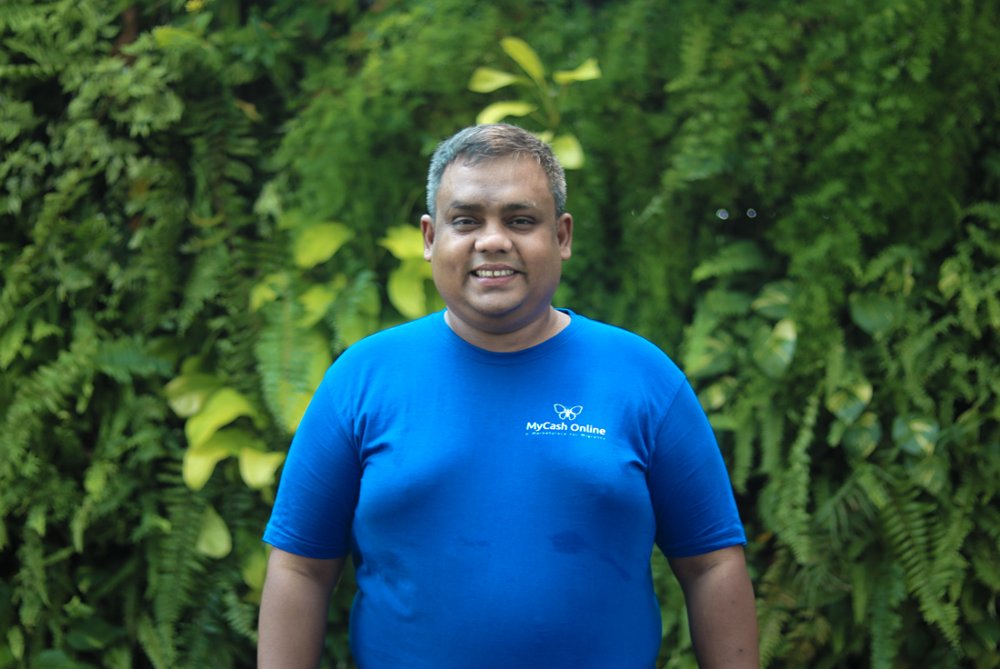
Mehedi Hasan: To get new customers, we run both online and offline marketing campaigns. For the online campaign, we mainly run paid Facebook and Youtube advertisements and also use Whatsapp Push Notifications. For offline, we do physical visits to the factories and dormitories of migrants and run regular engagement sessions with them through our on-ground teams.
To achieve growth, we always try to keep ourselves visible to the migrants. We have appointed more than 100 Mobile Sales persons (MSP) in Malaysia. These are our sales agents, located all across the country. Through our MSPs, we always keep ourselves connected with our customers.
The main lesson I have learned is consistency. It does not matter what is happening to you and your company, you need to be always consistent and keep pushing. For us, in 2016 and 2017 our sales were poor. We had been rejected by many VCs. We had gone through many issues with our team and co-founders but we never gave up. I believed in the product and that we will succeed one day. After a year, in 2018, we achieved 652.19% (yes, it is 652.19%) growth in our yearly Gross Merchandise Volume (GMV) from the year of 2017. This year, so far we have achieved 11.25% growth compared to 2018 and we expect to have more than 50% growth than last year. And we are not stopping here.
We have big plans for 2020 including starting our operations in Europe using our MyCash Online, UAB, a Pvt limited company registered in the Republic of Lithuania. Alhamdulillah, many VCs now take interest in us and want to invest.
To my fellow entrepreneurs, I would say that never lose your hope. If you have a good product, first, try to have paying customers. If you can achieve that, try to get the next 100th then 1000th, and eventually, 1 millionth paying customers. This will help you to build a rock-solid foundation for your venture.
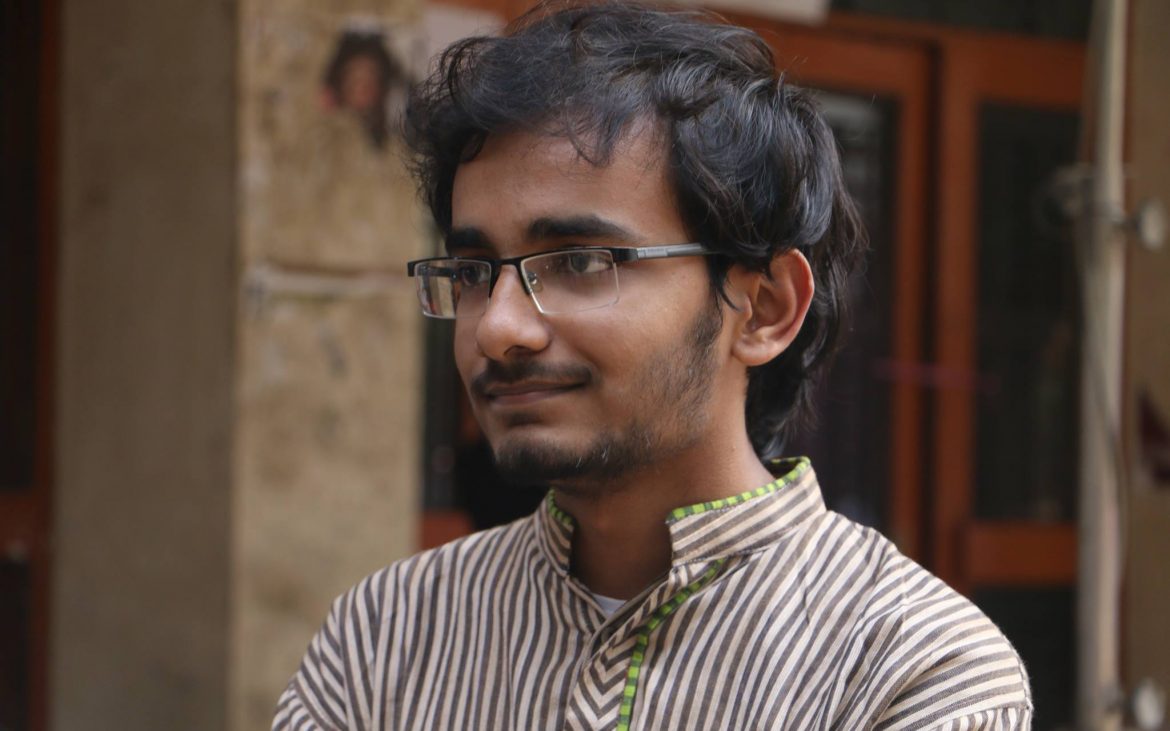
Yanur Islam Piash: I would say three things: ensuring the quality, getting customer feedback, and acting on the feedback.
For a long time, we did not have any dedicated people for customer service. We, founders, used to handle customer service which has helped us to understand our users better. We have been obsessed with quality and users.
We track every action of our users on the platform. If we see something interesting or unusual, we reach out to get insight. Sometimes our learners give suggestions as well. We conduct surveys to get user feedback and then improve our service based on that.
Talking to our customers regularly has been the biggest driver of our growth. Our learners are smart and cooperative and their feedback has helped us to be on track. We have been lucky to attract a group of users who are super smart and really into learning and offer extremely useful feedback. And we have always been willing to listen to our customers and do the work to deliver a high-quality product to them.
Second, we have been quality-obsessed. The coronavirus pandemic has accelerated the e-learning boom. Many people choose to produce courses that are not of high quality and be opportunistic. We never followed that path. We have always tried to put our best effort to ensure quality and create the best learning experience for our learners.
We are far from our quality ambition. However, we have put in our best effort. We have tried our best to ensure the basics and be transparent regarding our service.
Bohubrihi has become quite popular among undergraduate students over the last year. Word of mouth has helped us in our growth. We have worked with university students and clubs as e-learning partners. This approach has helped us to build a network resulting in establishing our brand.
Amid the coronavirus pandemic like many other e-learning platforms, we have made a few of our courses free — mostly, our premium courses. These are high-quality content. Many people came to take these courses for free. For many people, good-quality educational content in Bangla was a new experience. As a result, we have got a lot of visibility, and a lot of the learners who took the free courses later took our paid courses as well.
Financially, we have always been sustainable. Because we have always been frugal and strategic about our investment. We have invested mainly in course production and marketing which helped us to generate revenue. This year, however, we are planning to invest in technology and launch an app.
To sum up, looking back, we have not done anything different than ensuring the basics of our platform such as a well-functioning platform and high-quality courses, consistent communication, etc.
In our experience, it has been much easier to sell new courses to our existing users. Also, many of our customers are here after being referred by existing users. So we are taking initiatives and creating campaigns that encourage existing customers to engage in more courses and refer their friends and colleagues to us.
We have been engaging with university clubs and campus events as ‘eLearning partners’ - this is helping us connect with a more active group of audience. But still, we are spending more resources on producing valuable courses, than on sales and promotion.
In terms of revenue and user base, our growth has been exponential in the last six months, and we did it without a significant rise in the sales budget. We have always been a positive cash flow company since launching. As I said, we give most of our efforts to creating useful courses.
We’ve grown so far mostly because we focus on the values; because our students can understand our values as well. Users don’t care about website/app features.
You can brag about cool stuff you have on your website/app, they won’t listen unless you explain how and why these features will add value to the users. There is nothing wrong with cool features; it’s just that you need to portray the right message. And we’ve seen that “ghore boshe smart income korun” sales pitch has a different kind of audience base, and we respectfully decided not to target them.
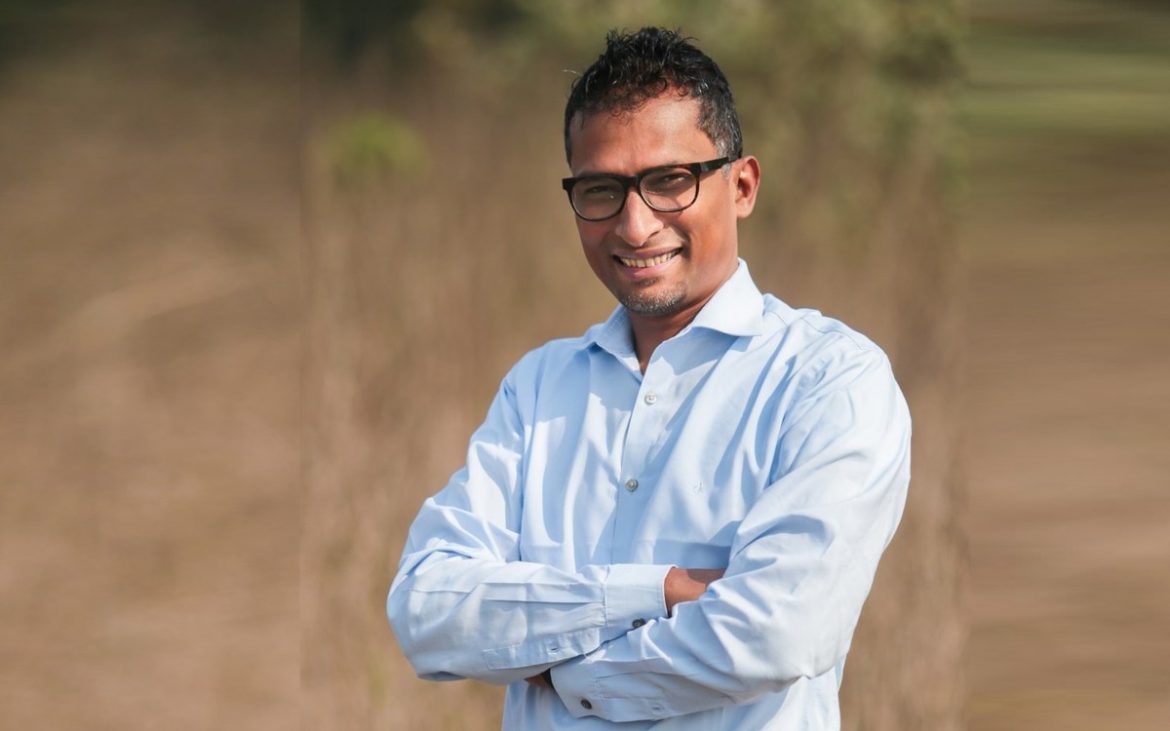
Tamzid Siddiq Spondon: We have been predominantly online-focused when it comes to marketing and communication. In fact, we have not done any offline campaigns yet. We have tried to use design as a tool to attract attention. Our designs are good. Copies are good. These things help to gain attention. People take you seriously.
Second, we have used testimonials of our existing customers - when people tell good things about us we highlight those things. We have found that testimonials work.
We are slowly moving to offline activations. We are about to do our first meetup soon with our customers. In fact, we don’t call customers, we call community members. We have some interesting plans such as giving a full sponsored trip to 50 community members to our factory. They will get to see how things work. We will provide good food and bear all the expenses. This will be our first physical interaction.
I would not say that we have done something hugely unique. It has always been regular things and trying to do regular things better. We have recently created some videos on the usage of each of our products and their health benefits. We have made some 6-7 videos on subjects like the benefits of black seed oil, how to use it, and so on. To our surprise, people really liked them.
We don't know the benefits and usage of many products, we bring those things to our videos. We don't advertise our products or our quality in these videos per se. It is very much informational videos to help our users. This is something we are doing. This is a series that we have been doing for about 3 months now.
Update: This article was originally published in September 2021.
